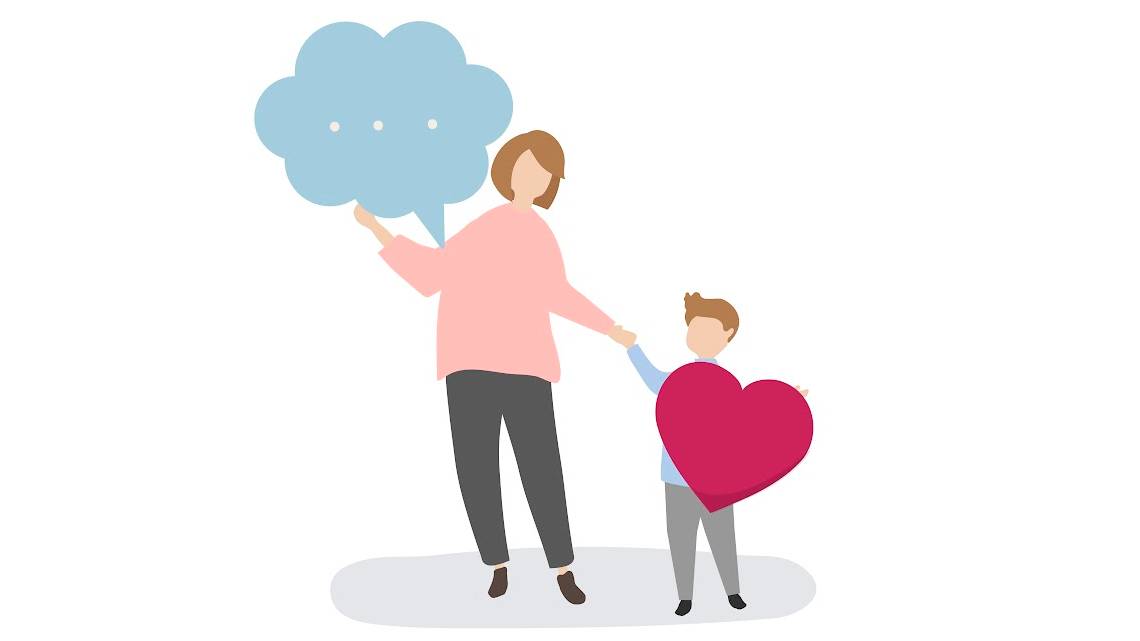
As a registered nurse, it is important for me to acknowledge the promotion of breastfeeding and educate all its benefits to mothers. Beyond its nutritional advantages, breastfeeding offers crucial protection against diseases through antibody transfer between mother and child.
Additionally, it can reduce the mother’s risk of certain diseases, such as breast and ovarian cancer while strengthening the attachment and bond between mothers and child through skin to skin contact and stimulation of the love hormone Oxytocin (Modak, Ronghe & Gomase 2023).
However, my career transition to maternal counselling has made me sympathetic towards the fact that, while we are bombarded with the benefits of breastfeeding many mental health challenges get overlooked. With my combined expertise on both topics, With my combined expertise on both topics, I want to emphasize that breastfeeding is an option, especially when it impacts one’s mental health and physical well-being.
It is crucial to consider the relationship between breastfeeding and mental health, as the choice to breastfeed should support overall well-being rather than compromise it.
Regrettably, mothers who choose not to breastfeed often face judgement from others who don’t understand the complex reasons behind their decision. Whether you’re a seasoned pro or a first-time mom, the postpartum period can be a rollercoaster ride of hormonal changes, sleep deprivation, and choices that can impact your child’s development. When it comes to feeding your little one, the pressure to “succeed” at breastfeeding, coupled with the fast-paced nature of Hong Kong life, can often lead to a sense of inadequacy. Challenges such as difficulty latching, low milk supply, or the need to return to work can make some mothers feel like they have failed, leading to increased anxiety and potentially contributing to immense feelings of “mommy guilt” (Jackson et al.).
In recent years, social media has had a significant influence on our culture and knowledge around breastfeeding. While there are many “mommy-influencers” who may glorify breastfeeding as the only option, it is important to recognize that they represent only one perspective. Social media has more work to do in accurately depicting the realities and challenges of motherhood and breastfeeding. Some of the places I recommend going for support include but are not limited to: Le Leche League and Facebook Breastfeeding

In my experience, the concerns of many mothers living in Hong Kong are heightened by the significant distance from their extended families and traditional support networks. Uprooted from their home countries, these women often find themselves without the hands-on help and emotional support that mothers may have relied on in the past. The replacement of family with domestic helpers, while helpful, cannot fully replicate the communal support and sense of belonging that they may need during the postpartum period.
The fast-paced, high-pressure nature of life in Hong Kong can compound the stress and anxiety that mothers experience. The expectation to “bounce back” quickly, maintain a perfect social presence, and balance work and family responsibilities can be overwhelming; therefore, in the face of these challenges, it is essential to recognize the profound mental health benefits of having a support system through the challenges of this difficult time.
Studies have shown that women facing additional stressors, such as those from low-income families or experiencing marital discord, are at an even greater risk of developing postpartum depression and anxiety. (Grattan, London, & Bueno) Whether through lactation consultants, support groups, or online forums, these resources can be a crucial source of emotional validation and practical guidance for mothers, however, those with prolonged feelings of stress and isolation are encouraged to see a General Practitioner or Mental Health Professional to explore options in mitigating feelings that contribute to mental health challenges.
Also here, You can get know more about – Maintaining Maternal Mental Health: Signs and Symptoms of Perinatal Depression
Given my career history, I’ve seen firsthand the immense value of compassion and support for mothers. I know the perinatal and postnatal period comes with a whirlwind of emotions, so I encourage mothers to be gentle with themselves, ask for help when needed, and understand that perfection is neither possible nor required. Prioritising your own mental health is crucial for the long-term well-being of both you and your child.
My hope for the future is a society that refrains from judgement, offers support to all mothers, regardless of their feeding choices and celebrates the challenges of motherhood in all its forms.
Photo Credits:
First image: Istock pc: Irina_Qiwi
Second image: Istock pc: Nattakorn Maneerat
References
Grattan, R. E., London, S. M., & Bueno, G. E. (2024). Perceived pressure to breastfeed negatively impacts postpartum mental health outcomes over time. Frontiers in public health, 12, 1357965. https://doi.org/10.3389/fpubh.2024.1357965
Jackson, L., De Pascalis, L., Harrold, J., & Fallon, V. (2021). Guilt, shame, and postpartum infant feeding outcomes: A systematic review. Maternal & child nutrition, 17(3), e13141. https://doi.org/10.1111/mcn.13141
Modak, A., Ronghe, V., & Gomase, K. P. (2023). The Psychological Benefits of Breastfeeding: Fostering Maternal Well-Being and Child Development. Cureus, 15(10), e46730. https://doi.org/10.7759/cureus.46730

Monisha Dadlani
About the author
Monisha is a trained counsellor and registered nurse with over two decades of experience in private practice. Her extensive background as an OBGYN nurse in diverse cultural settings has provided her with first-hand expertise in addressing maternal physical and mental health challenges. Monisha advocates for maternal support through networking events and postnatal support groups.
Recently Added
Parental mental health plays a monumental role in a child’s social, emotional, behavioural and psychological development. Parents and caregivers are central to …
Generation Z, popularly known as Gen-Z, is the class of individuals born between 1996 and 2010. These individuals were born directly into …
Adaptogens are a class of natural herbs, roots, and mushrooms that assist the body in adapting to stressors in the environment. These …




